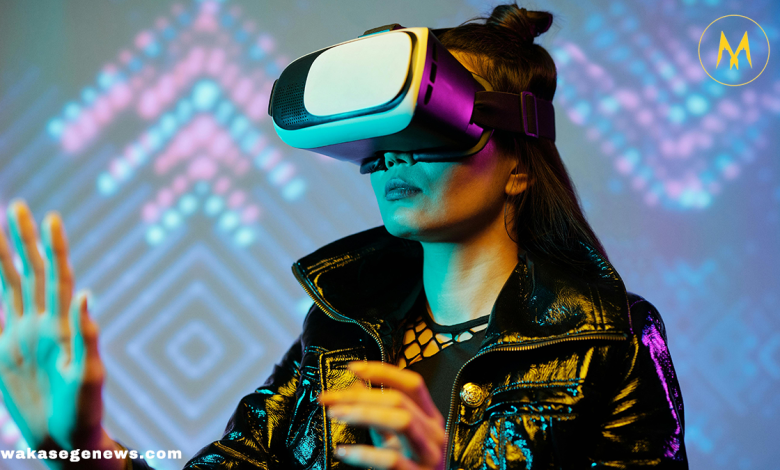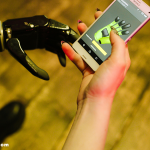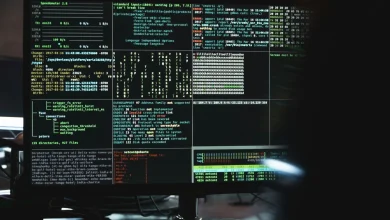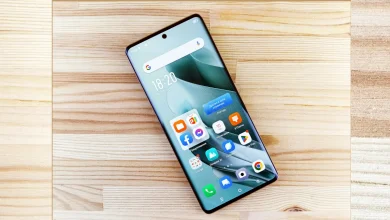
Technology is no longer a luxury — it’s a core part of our everyday routine. From the moment we wake up to the time we sleep, we’re surrounded by smart devices, apps, and online systems. In just a few decades, human life has shifted dramatically thanks to technological advancements. But how exactly is technology changing our daily lives? Let’s explore the powerful ways it is shaping modern living.
1. Communication Has Become Instant
Gone are the days when people had to wait for letters or rely on landline phones. Today, messages, calls, and video chats happen instantly through platforms like WhatsApp, Zoom, and Telegram. This shift has brought people closer, even across continents.
You might also like: 10 Mind-Blowing Tech Trends Dominating the World in 2025
Social media has also redefined how we interact, share memories, and build communities. Friends, families, and even businesses connect with just a click.
2. Remote Work and Digital Offices
The rise of high-speed internet and collaboration tools like Slack, Zoom, and Google Workspace has made remote work possible. Many people now work from home, coffee shops, or while traveling.
This digital transformation has changed work-life balance, reduced commuting stress, and opened up global job opportunities.
3. Online Shopping and Digital Payments
With apps like Amazon, Jumia, and Apple Pay, people shop without leaving their homes. You can order food, clothes, or electronics and pay securely in seconds.
This shift has not only changed consumer habits but also opened new doors for small businesses and startups.
4. Smart Homes and Automation
You might also like: AI-Powered Everything: How Artificial Intelligence Is Rewiring Everyday Life in 2025
Smart home devices such as voice assistants (Alexa, Google Assistant), smart lights, and thermostats have simplified home management. You can control lighting, security, or temperature using your phone or even voice commands.
These innovations save time and improve energy efficiency.
5. Education Has Gone Digital
Students no longer need to sit in classrooms to learn. E-learning platforms like Khan Academy, Coursera, and YouTube provide high-quality education anywhere, anytime.
Schools and universities also use virtual classrooms to reach more learners, making education more accessible than ever.
6. Healthcare and Telemedicine
Booking a doctor’s appointment or consulting a specialist can now happen online. Telemedicine apps help patients talk to doctors from their homes, which saves time and reduces hospital visits.
Wearable health devices like smartwatches track heart rate, sleep, and steps, promoting healthier lifestyles.
7. Entertainment at Our Fingertips
From Netflix and Spotify to online gaming and podcasts, technology has redefined entertainment. People now have access to endless content options, customized to their preferences.
Streaming services have replaced traditional TV, offering flexibility and personalized viewing.
8. Transportation Has Been Simplified
Apps like Uber, Bolt, and Google Maps have changed how we move around. Booking a ride or navigating a new city is easier than ever.
Electric vehicles and ride-sharing also promote environmental sustainability and reduce traffic in urban areas.
9. Personal Finance Made Easy
Managing money is no longer complicated. Apps like PayPal, mobile banking, and budgeting tools help users track expenses, save money, and make smart investments from their phones.
Technology also increases financial inclusion, especially in areas without traditional banks.
10. Everyday Convenience and Efficiency
You might also like: AI Is Taking Over Jobs: What Can You Do to Stay Relevant?
Simple tasks like setting alarms, checking the weather, or making grocery lists have been automated. Virtual assistants and productivity apps reduce the mental load of daily planning.
Overall, these tools help us live more organized and efficient lives.
All in all
Technology continues to evolve, and with it, our daily experiences. Whether it’s how we work, learn, connect, or relax — innovation is at the core. Embracing these changes can improve our quality of life, create opportunities, and prepare us for the future. It’s not just about using tech — it’s about living smarter.
FAQs
Technology improves communication, access to information, convenience, and productivity in almost every area of life.
Not necessarily. While face-to-face interactions may decrease, technology enables new forms of communication and global connections.
It makes learning more interactive, flexible, and accessible, helping students of all ages gain knowledge outside the classroom.
Yes, overuse can lead to screen addiction, reduced physical activity, and privacy concerns. Balance is key.
Expect more automation, smarter devices, and seamless integration of AI in daily routines — all aiming to improve human life









5 Comments